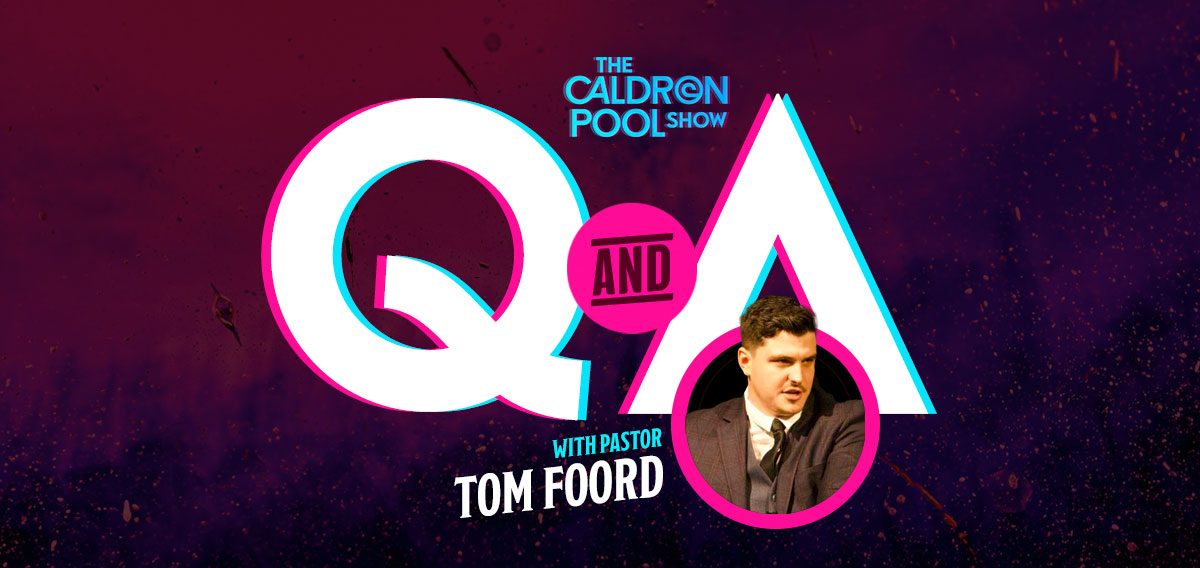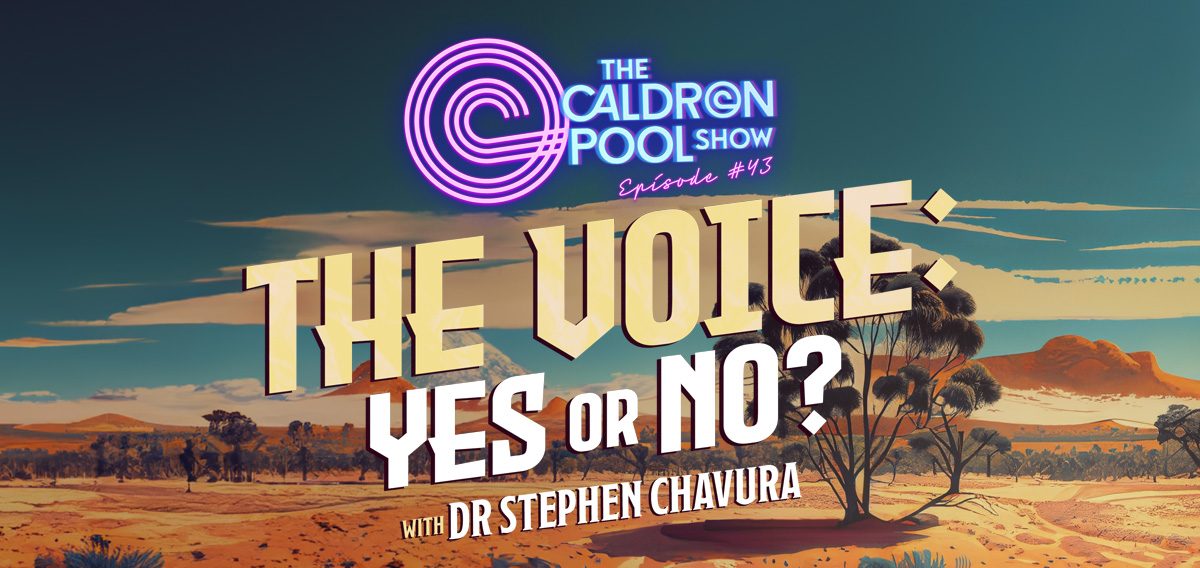Most of us are thankful that something like aspirin exists when we want to deal with a headache or a sore tooth. There are countless products that we use every day for medicinal and related purposes, and we can appreciate all the years of hard work, research and development – and the vast sums of money – that drug companies and pharmaceutical giants have put into these products.
But as with anything, there can be bad or shoddy products; there can be shortcuts taken; there can be inadequate testing and safeguards put in place; there can be profit put ahead of people; and there can be dodgy science. We know that science and medicine can both be bought and in a fallen world, we always need to be on guard, even with things that are meant to be for our good and well-being.
Thus we need to keep an eye on Big Pharma just as much as on anything else. Many companies are seeking to do the right thing, and many people working in this industry have no sinister motivations. But any for-profit business can easily allow big bucks to trump basic ethical concerns. History is replete with examples of this. Simply think of the Bhopal chemical disaster in December 1984 at the Union Carbide pesticide plant in India.
Just hours ago the Australian government apologised to the victims of another very well-known product that caused horrific damage to thousands of people around the world. So many people died and/or were deformed because of this pharmaceutical product. I refer to thalidomide. The Prime Minister Anthony Albanese said this as part of his “National Apology”:
Sixty-two years ago, today, the 29th of November, 1961 was the day thalidomide was withdrawn from sale in Australia. Every day between then and now, Australians affected by thalidomide have been owed an apology. Today, at long last, Australia will say sorry. I want to acknowledge and welcome all the thalidomide survivors and their families here with us in the Parliament. I extend that same respect to all those watching from afar, here with us in spirit.
You have been survivors from the day you were born. More than that, you have been advocates, organisers, champions and warriors. Time and time again you have summoned remarkable resolve, you have shown an extraordinary strength of character. Yet for so long, parliaments and governments have not proved equal to this, or worthy of it. Too often, we have let you down….
Thalidomide was recommended to pregnant women to help with anxiety, insomnia and morning sickness. All over the country, expectant mothers were assured by doctors and chemists and advertisements that this drug was perfectly safe, for them and for their baby. Even though in Australia at that time, there was no meaningful or worthwhile way of knowing if this was true. There was no system for properly evaluating the safety of medicines. And the terrible cruelty of thalidomide was that far from being safe.
Just one dose was enough to cause devastating harm. Just one dose was enough to inflict a lifetime of damage on an unborn child, or indeed cause premature death, either in utero or in the early years. A survivor named Patricia put it like this: “Thalidomide is like tossing a stone into the water: it causes a ripple effect. The drug didn’t just destroy me; it rippled onto my parents, my siblings, my family, my ambitions, my relationships, my jobs, my earnings, my health—my everything.”
As to the product itself, an excerpt from a Wiki piece can be offered here:
Thalidomide was introduced in 1953 as a tranquilizer, and was later marketed by the German pharmaceutical company Chemie Grünenthal under the trade name Contergan as a medication for anxiety, trouble sleeping, tension, and morning sickness. It was introduced as a sedative and medication for morning sickness without having been tested on pregnant women. While initially deemed to be safe in pregnancy, concerns regarding birth defects were noted in 1961, and the medication was removed from the market in Europe that year.
Thalidomide was first developed as a tranquilizer by Swiss pharmaceutical company Ciba in 1953. In 1954, Ciba abandoned the product, and it was acquired by German pharmaceutical company Chemie Grünenthal. The company had been established by Hermann Wirtz, Sr, a Nazi Party member, after World War II as a subsidiary of the family’s Mäurer & Wirtz company. The company’s initial aim was to develop antibiotics for which there was an urgent market need. Wirtz appointed chemist Heinrich Mückter, who had escaped prosecution for war crimes for his experiments on prisoners of Nazi concentration camps, to head the development programme because of his experience researching and producing an anti-typhus vaccine for Nazi Germany. He hired Martin Staemmler, a medical doctor and leading proponent of the Nazi eugenics programme, as head of pathology, as well as Heinz Baumkötter, the chief medical officer at the Sachsenhausen concentration camp, and Otto Ambros, a chemist and Nazi war criminal. Ambros was the chairman of Grünenthal’s advisory committee during the development of thalidomide and was a board member when Contergan was being sold.
There have been numerous cases where people have been harmed – even killed – at the hands of Big Pharma. As I said, we can be thankful for much of the good that these companies have done, but we also must be willing to call them out when we have evidence of maleficence, dishonesty, corruption, and simply unbridled lust for making money.
We have yet to see how everything will pan out with the Covid vaccines. Various individuals and groups are now starting to take some of these giant companies to task and hold them to account. Just one recent example is this: “AstraZeneca is contesting accusations that its Covid-19 jab was ‘defective’ after the drugmaker was sued for damages by a vaccine recipient who claimed to have suffered from a severe side effect.”
And here is one more recent news report:
BioNTech, a German company specializing in mRNA-based vaccines, is facing its first lawsuit in Germany related to alleged side effects of its COVID-19 vaccine, developed in partnership with Pfizer and authorized for emergency use in 158 countries, Reuters reported last week. But in the U.S., vaccine makers are protected from any such liability until October 2024, thanks to a provision the federal government put forth at the start of the pandemic.
The issue of indemnity and legal liability deserves an article or two on its own, so I will not enter into that here. But clearly the matter of mass profits deserves to be carefully looked into. A piece I penned almost two years ago on the Covid/Big Pharma situation is worth sharing here. I said in part:
Big Pharma is raking in the dough. And unless you believe CNN is some tinfoil hat conspiracy site, let them tell the story of just one of the big companies:
“Pfizer reported that earnings and sales more than doubled in the past quarter, and it raised its outlook for results the full year, thanks greatly to its Covid-19 vaccine. The company reported adjusted earnings of $7.7 billion, up 133% from a year earlier. Revenue soared to $24.1 billion, up 134%. Both easily cleared results forecast by analysts. The vaccine business alone was responsible for more than 60% of the company’s sales, as vaccine revenue rose to $14.6 billion from only $1.7 billion a year earlier. The company said its Covid vaccine sales accounted for $13 billion of that revenue. Revenue outside of its Covid vaccine business was up a far more modest 7%.
“This year, the Covid vaccine has brought in revenue of $24.3 billion. And Pfizer said it expects a total of $36 billion from the vaccine for all of 2021 — nearly $12 billion more in revenue the final quarter of the year. And it said based on contracts it now has signed it expects revenue $29 billion from the Covid vaccine in 2022. And that’s not necessarily all it will bring in. ‘We continue to engage with governments regarding potential additional orders for 2022,’ said the company.” [source]
Plenty of well-documented books have exposed Big Pharma over the years. Let me mention just two of them. Back in 2006 Jacky Law penned Big Pharma: Exposing the Global Healthcare Agenda (Carroll & Graf Pub.). Just one quote shows how much money is actually being tossed around here (even back then). And the names of these corporate giants should be familiar to everyone:
“Consider the world’s top players. Just ten drugs earned no less than $48.3 billion in 2003. Each of these products on its own represents more income than most companies see in a lifetime. Leading the table was Pfizer’s Lipitor which earned $10.3 billion, followed by another cholesterol reducing drug, Merck’s Zocor, which had sales of $6.1 billion. These statins, as they are called, are just two players in what was then a $26.1 billion class of drugs and had grown to $29.2 billion in the year to September 2004, according to global pharma data company, IMS Health.
“These drugs have been shown to save lives by reducing cholesterol levels. To compete in such markets, companies need not only good candidate players (drugs), but also sufficient marketing spend. When Anglo-Swedish drugs company, AstraZeneca, launched its statin Crestor belatedly in late 2003, for example, its unprecedented promotional budget of a billion dollars was justified by then president and now CEO, David Brennan…”
And much more recently Gerald Posner released his 800-page expose, Pharma (Avid Reader Press, 2020). As he states in his Preface: “Pharma opens a rare insider’s window on the internecine battles between scientists and executives over drugs and money. It is about the secret world inside companies that are household names and how the quest for blockbuster drugs has at times crippled and distorted the industry’s original mission to develop medications that treat the sick and save lives.”
Both books are authored by those who are not Luddites. As the quotes make clear, both are very thankful for modern medicine and much of the good that pharmaceutical companies have done in the past. But they are right to point out how Big Pharma – like everything else – can so easily become tainted and corrupted as they seek profits ahead of all else.
As I say, I am happy that some paracetamol is available for occasional pain relief. But I am also greatly worried about how mega-corporations can be more concerned about mega-profits than they are about the well-being of their customers.
Perhaps one day soon the Prime Minister will offer a “National Apology” for so much of what transpired during the Covid Wars. Such an apology – and compensation to boot – seems long overdue.




















